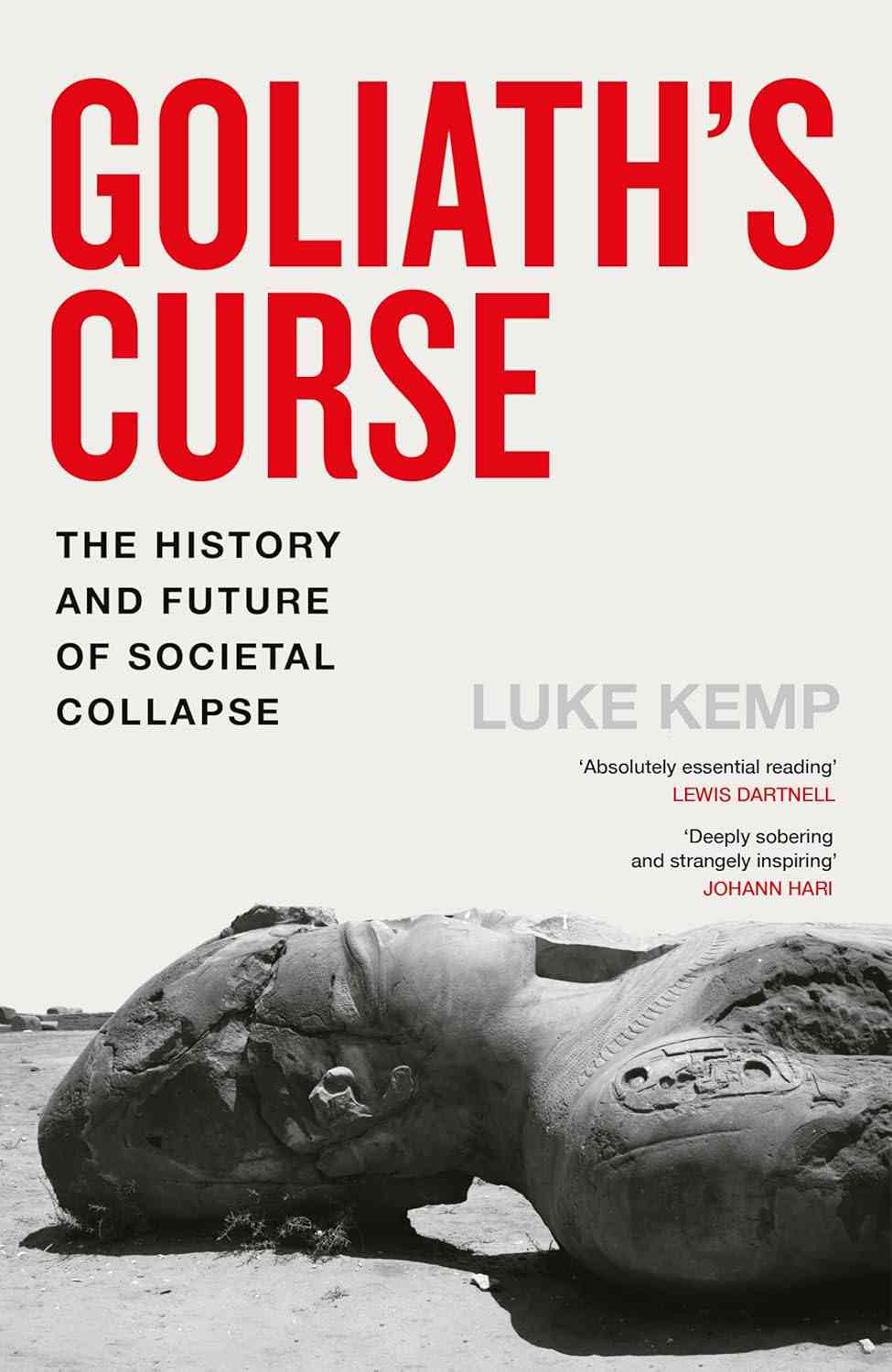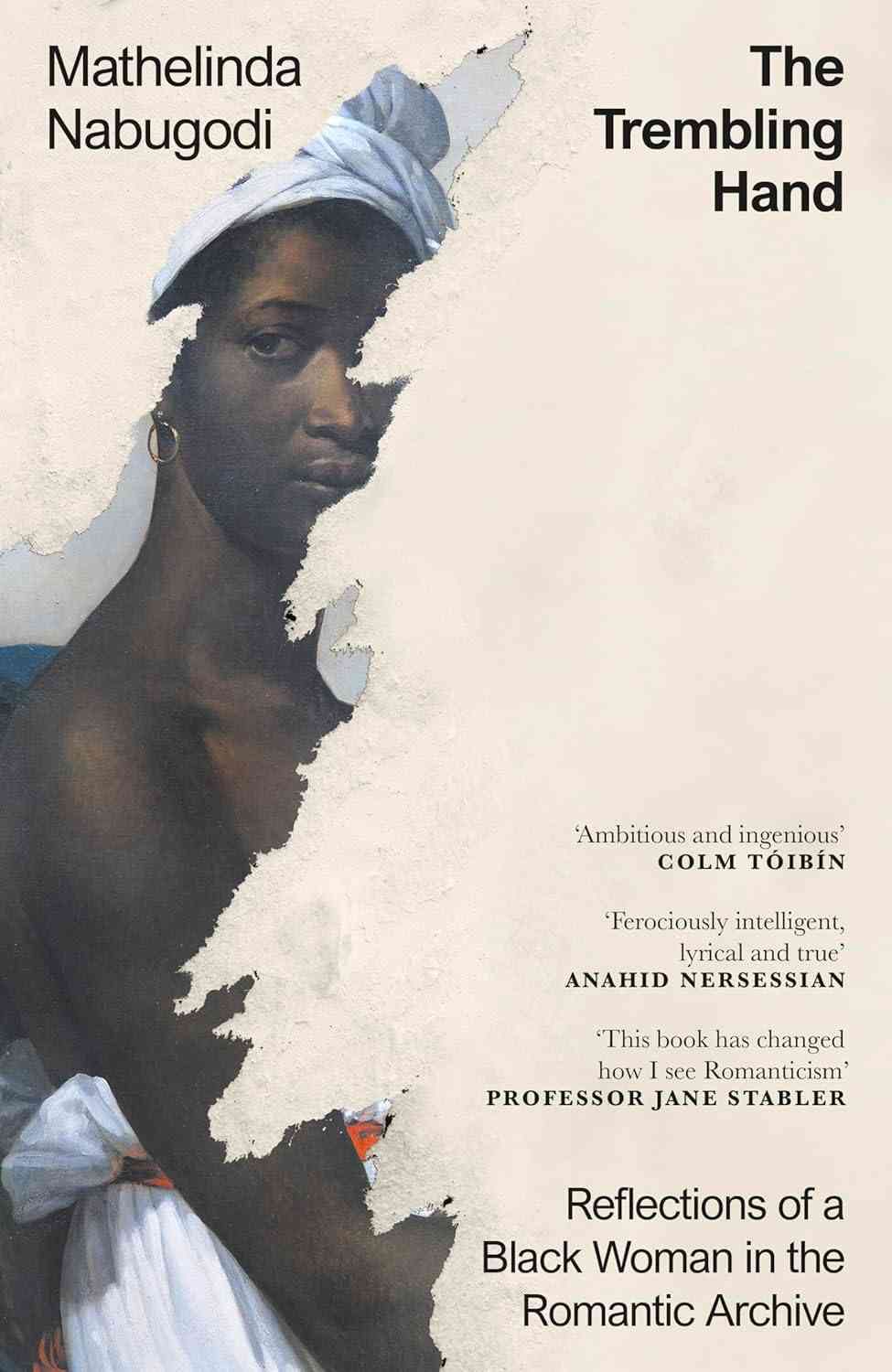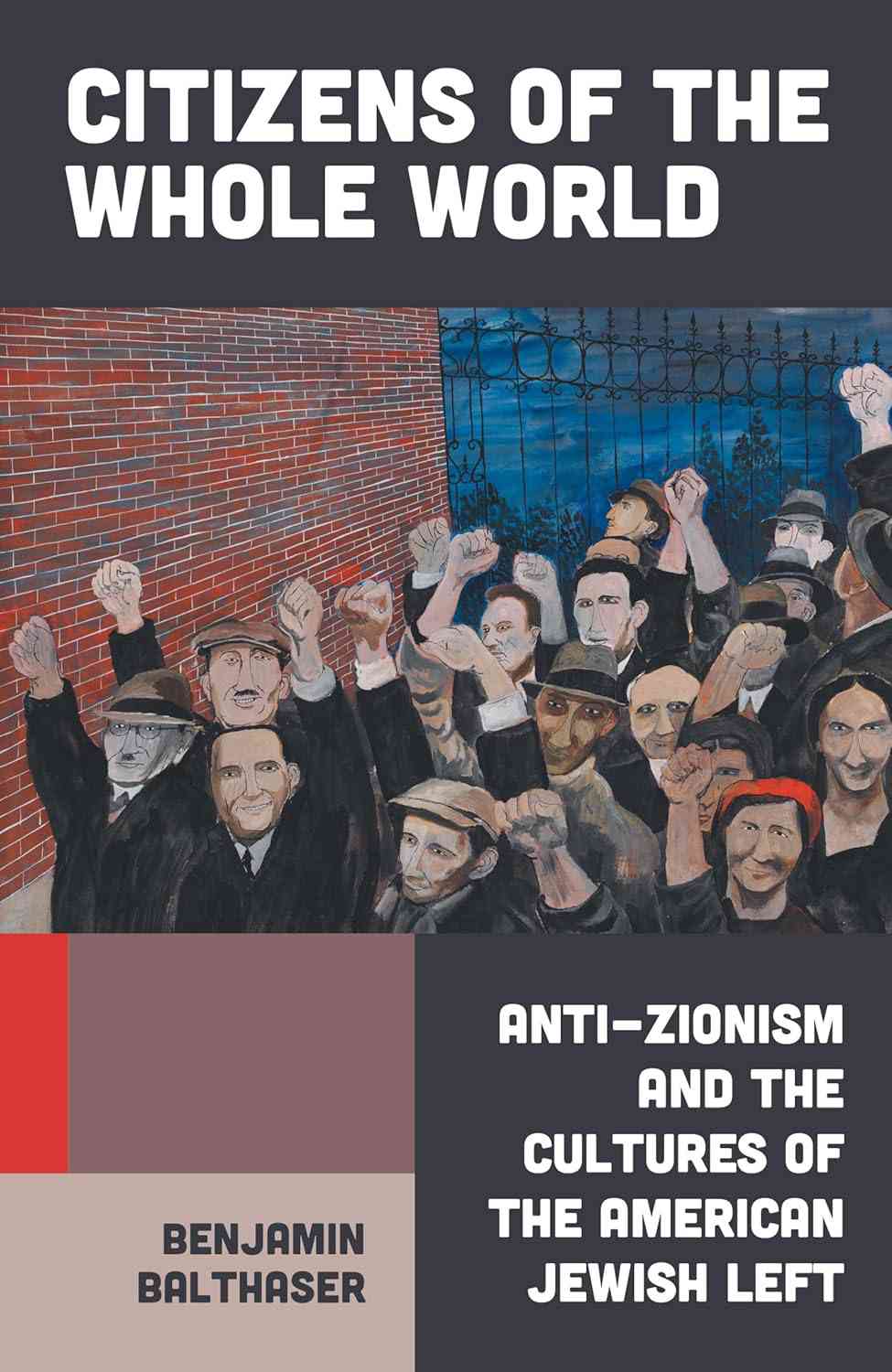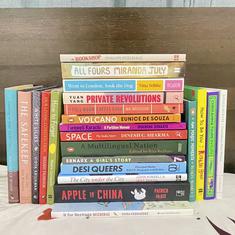All information sourced from publishers.
Goliath’s Curse: The History and Future of Societal Collapse, Luke Kemp
For the first 200,000 years of human history, hunter-gathering Homo sapiens lived in fluid, egalitarian civilisations that thwarted any individual or group from ruling permanently. Then, around 12,000 years ago, that began to change.
As we reluctantly congregated in the first farms and cities, people began to rely on novel lootable resources like grain and fish for their daily sustenance. And when more powerful weapons became available, small groups began to seize control of these valuable commodities. This inequality in resources soon tipped over into inequality in power, and we started to adopt more primal, hierarchical forms of organisation. Power was concentrated in masters, kings, pharaohs and emperors (and ideologies were born to justify their rule). Goliath-like states and empires – with vast bureaucracies and militaries – carved up and dominated the globe.
What brought them down? Whether in the early cities of Cahokia in North America or Tiwanaku in South America, or the sprawling empires of Egypt, Rome and China, it was increasing inequality and concentrations of power that hollowed these Goliaths out before an external shock brought them crashing down. These collapses were written up as apocalyptic, but in truth, they were usually a blessing for most of the population.
Now we live in a single global Goliath. Growth-obsessed, extractive institutions like the fossil fuel industry, big tech and military-industrial complexes rule our world and produce new ways of annihilating our species, from climate change to nuclear war. Our systems are now so fast, complex and interconnected that a future collapse will likely be global, swift and irreversible. All of us now face a choice: we must learn to democratically control Goliath, or the next collapse may be our last.

Scam: Inside Southeast Asia’s Cybercrime Compounds, Ivan Franceschini, Ling Li, and Mark Bo
Running the gamut from the infamous “pig butchering” romance con to sophisticated online extortion and investment fraud, Southeast Asia has emerged as the global hub for cybercrime. Based on years of field research, Scam takes an in-depth look at the history and inner dynamics of the region’s online scam industry. Revealed are the appalling working conditions – akin to modern slavery – in the hundreds of prison-like compounds that have mushroomed throughout multiple countries. The result is a shocking exposé of victims forced to be perpetrators, a tragic modern tale.

The Trembling Hand: Reflections of a Black Woman in the Romantic Archive, Mathelinda Nabugodi
Wordsworth, Shelley, Byron, Keats – the Romantic poets are titans of English literature, taught and celebrated around the world. Their work is associated with sublime passions, violent stormscapes and a questing search for the inner self. It is rarely associated with the racial politics of the transatlantic slave economy.
But these literary icons lived through a period when individual and collective resistance by Black people in Britain and her overseas colonies was making it increasingly difficult – and increasingly costly – to ignore their demands for freedom. A time when popular support for the abolition movement exploded across the country – and was met by a vehement, reactionary campaign from the establishment. A time when white supremacist ideologies were fomented to justify the abuse and exploitation of non-white “races”. This cultural context is not immediately obvious in the canon of Romantic poetry. But that doesn’t mean it’s not there.
The Trembling Hand turns an urgent, critical gaze onto six major Romantic authors, examining how their lives and works were entangled with the racist realities of their era. Mathelinda Nabugodi pores over carefully preserved manuscripts, travels to the houses where these writers lived and died, and examines the personal objects which survived them: a teacup, a baby rattle, a lock of hair. Amid this archive, she searches for traces of Black figures whose lives crossed paths with the great Romantics. And she grapples with the opposing forces of reverence and horror as her fascination with literary relics collides with feelings of sorrow and rage.

Victoria’s Secret: The Private Passion of a Queen, Fern Riddell
From the moment John Brown arrived as a servant to Queen Victoria’s household, he became known across the land as her loyal companion, her fierce protector, and her right-hand man; their friendship immortalised in print and later on-screen. But what if there was more to their relationship than we know? And what has history been hiding from us?
Rumours have swirled around this relationship for years as historians have attempted to bring the truth to light – now, for the first time, Fern Riddell re-examines everything we thought we knew about one of Britain’s most iconic women. Through unearthing groundbreaking new evidence, Riddell challenges the prevalent image of Victoria as a grieving widow to create a compelling human portrait of a woman in passionate midlife.

Citizens of the Whole World: Anti-Zionism and the Cultures of the American Jewish Left, Benjamin Balthaser
Since October 7, 2023, the world has witnessed a massive American Jewish uprising in support of Palestinian liberation. Through sit-ins in Congress or Grand Central Terminal, through petitions and marches, thousands of Jews have made it known that the Israeli state is not acting in their name. This resistance did not come out of nowhere. Citizens of the Whole World returns us to its roots in the “red decade” of the 1930s and, from there, traces the history of American Jewish radicals and revolutionaries to the present day.
Benjamin Balthaser delves into radical Jewish novels and memoirs, as well as interviews with Jewish revolutionaries, to unearth a buried if nonetheless unbroken continuity between leftist Jewish Americans and the diasporic internationalism of today.
Covering more than just the politics of anti-Zionism, Citizens of the Whole World explores the Jewish revolutionary traditions of Marxist internationalism, Jewish solidarity with Third World struggles, and relations between Jewish and Black radicals during the Civil Rights era.
Balthaser’s book stages an intervention into current anti-Zionist politics, suggesting activists can learn from past struggles to help form a future politics in a world after Zionism.

Semi-Well-Adjusted Despite Literally Everything, Alyson Stoner
Raised on soundstages and studio lots from the age of six, shuffling between auditions for Disney Channel, Cheaper by the Dozen or Missy Elliott music videos, Alyson Stoner experienced many of the defining moments of childhood inside the bizarre fishbowl of Hollywood. From working eighty hours a week at eight years old, to learning how to distinguish fan mail from kidnapping plots, to TV execs saying they weren’t “anorexic enough” to stop working and get help, Alyson struggled to find stability and sanity in a chaotic world.
In Semi-Well-Adjusted Despite Literally Everything, Stoner shares their story for the first time, detailing a turbulent home life fractured by substance abuse, harrowing accounts from rehab, the messy process of discovering their sexuality in church, rebuilding a life after an early professional peak and charting a path of self-discovery and advocacy.
Stoner connects the dots across the entertainment industry ecosystem, child development and media culture, exposing the “toddler to trainwreck pipeline” of child stars and sparking timely conversations about success and society’s enchantment with fame.











